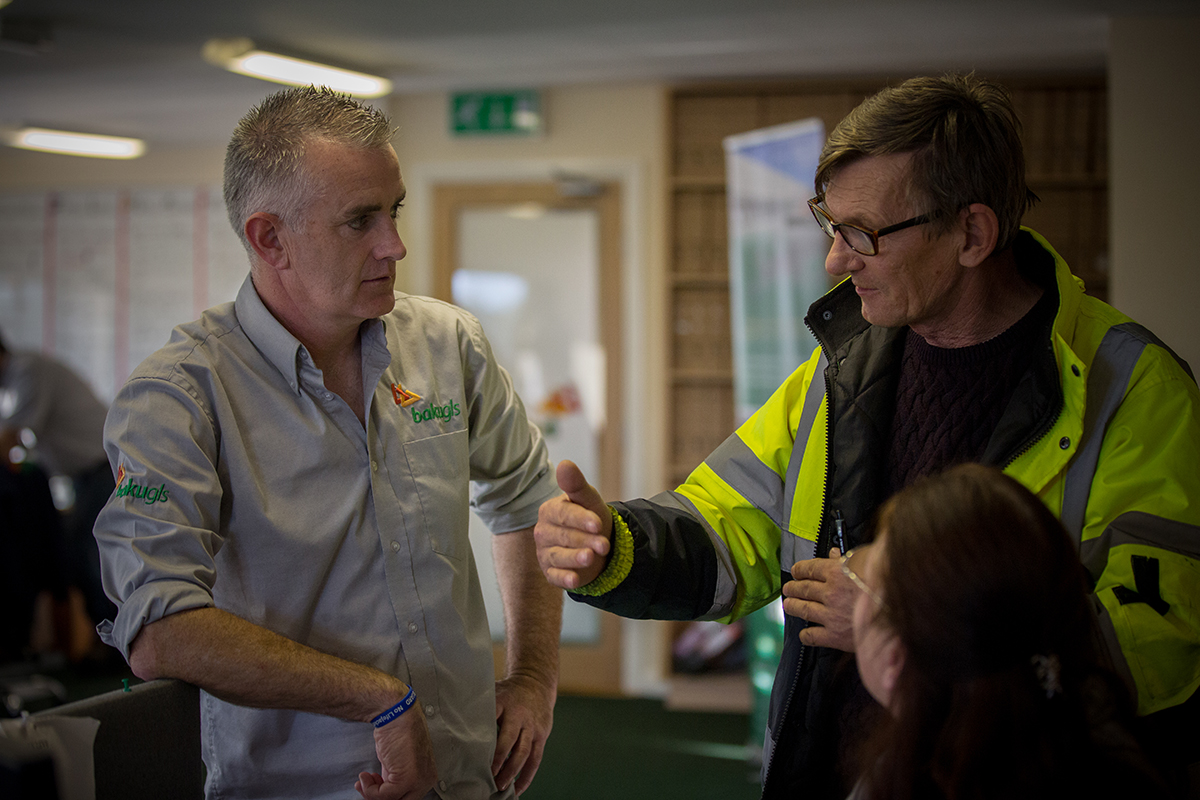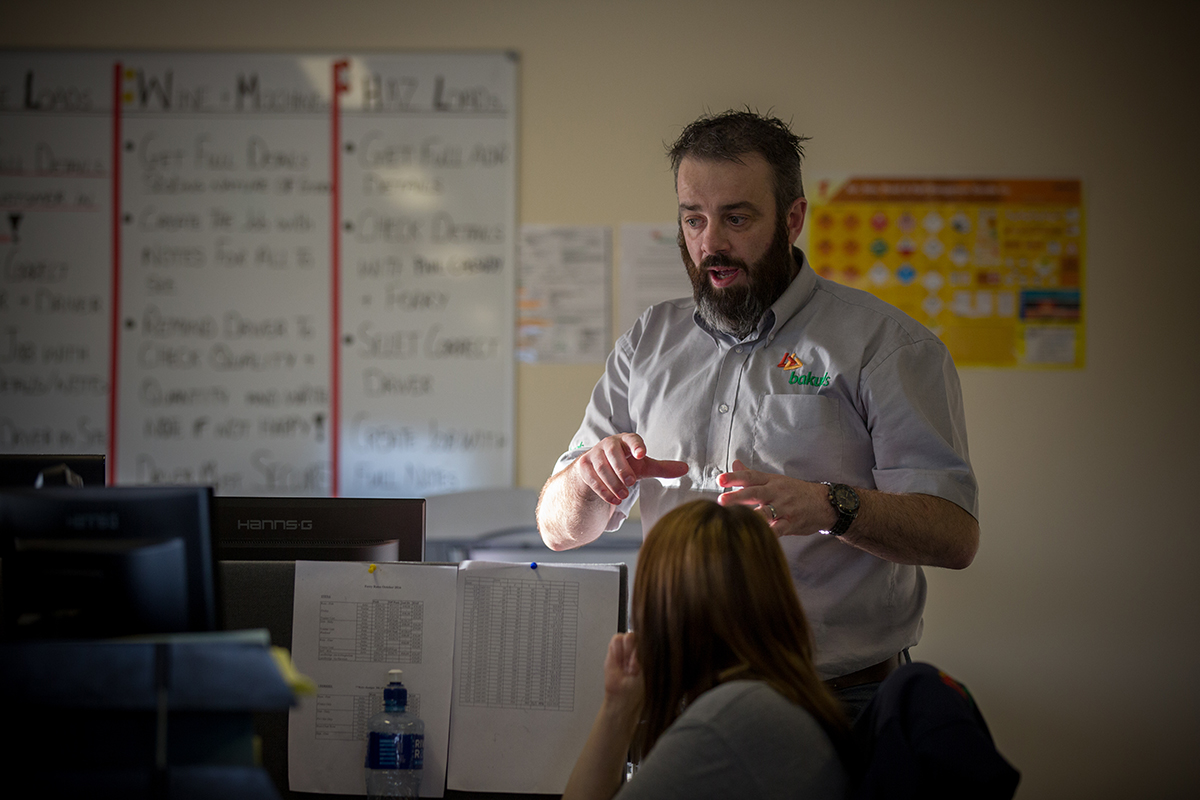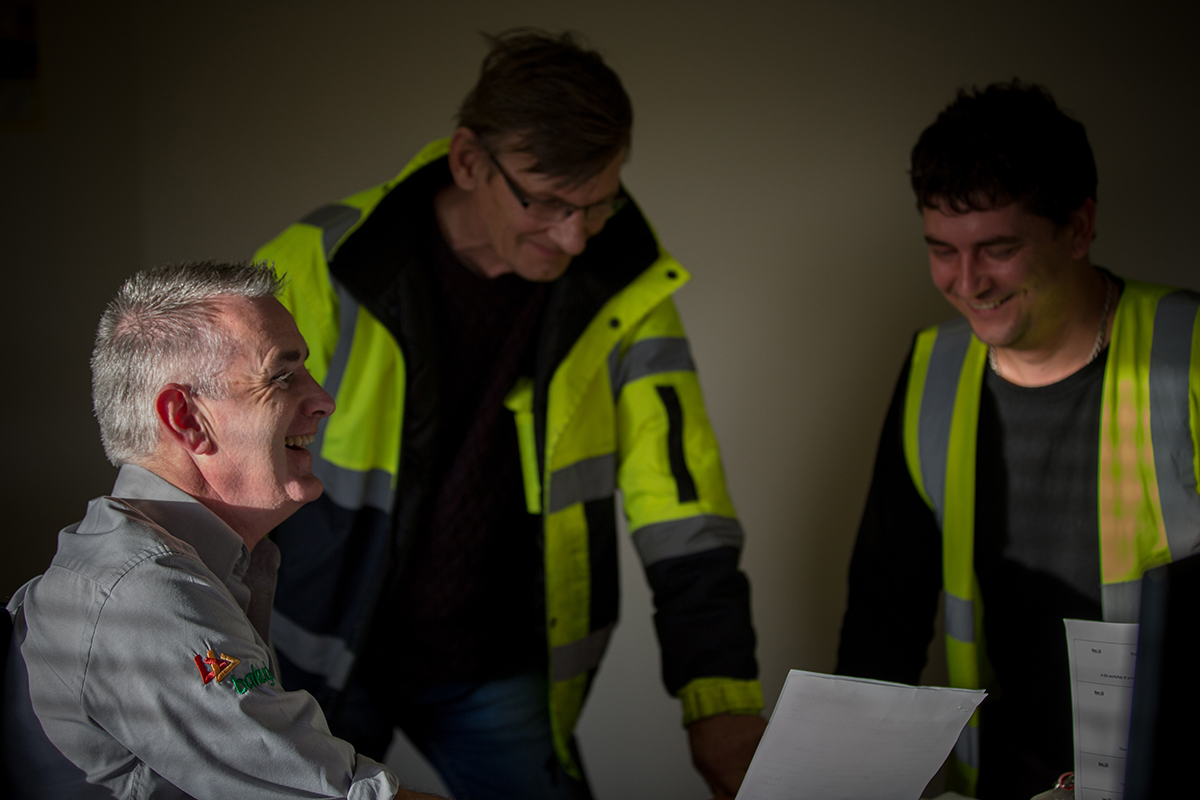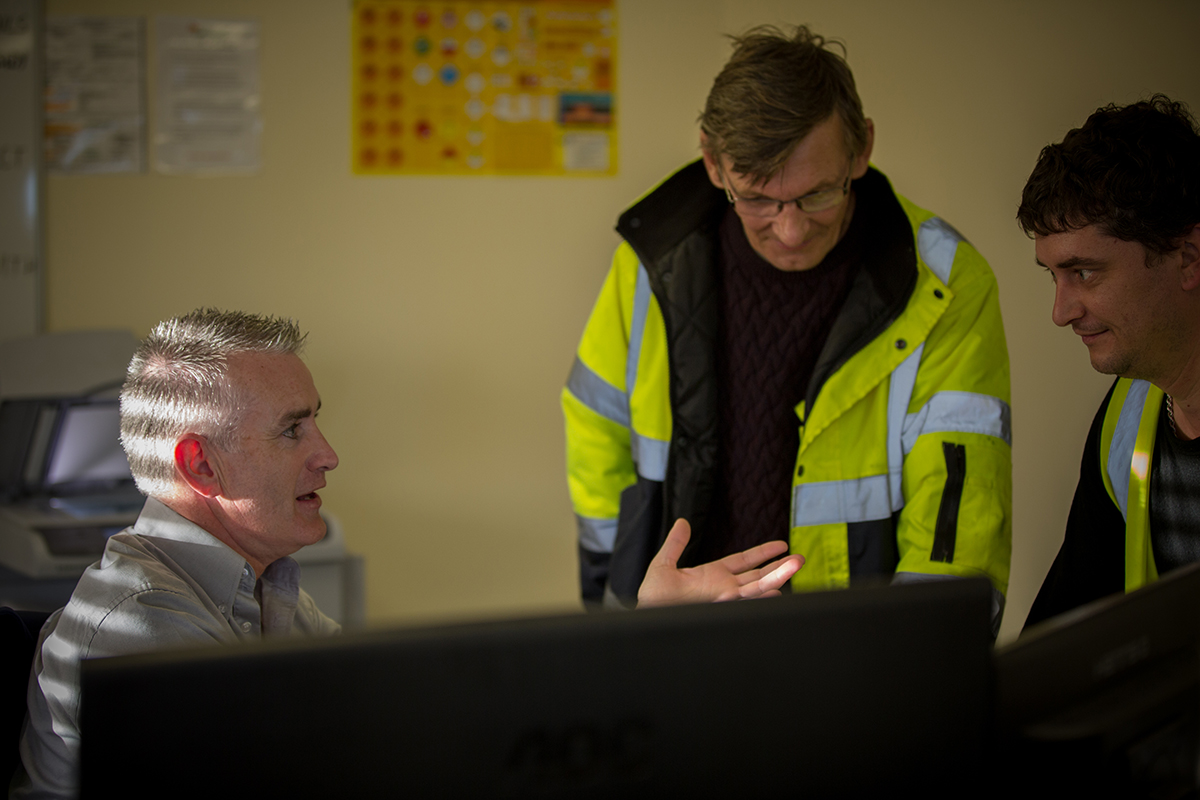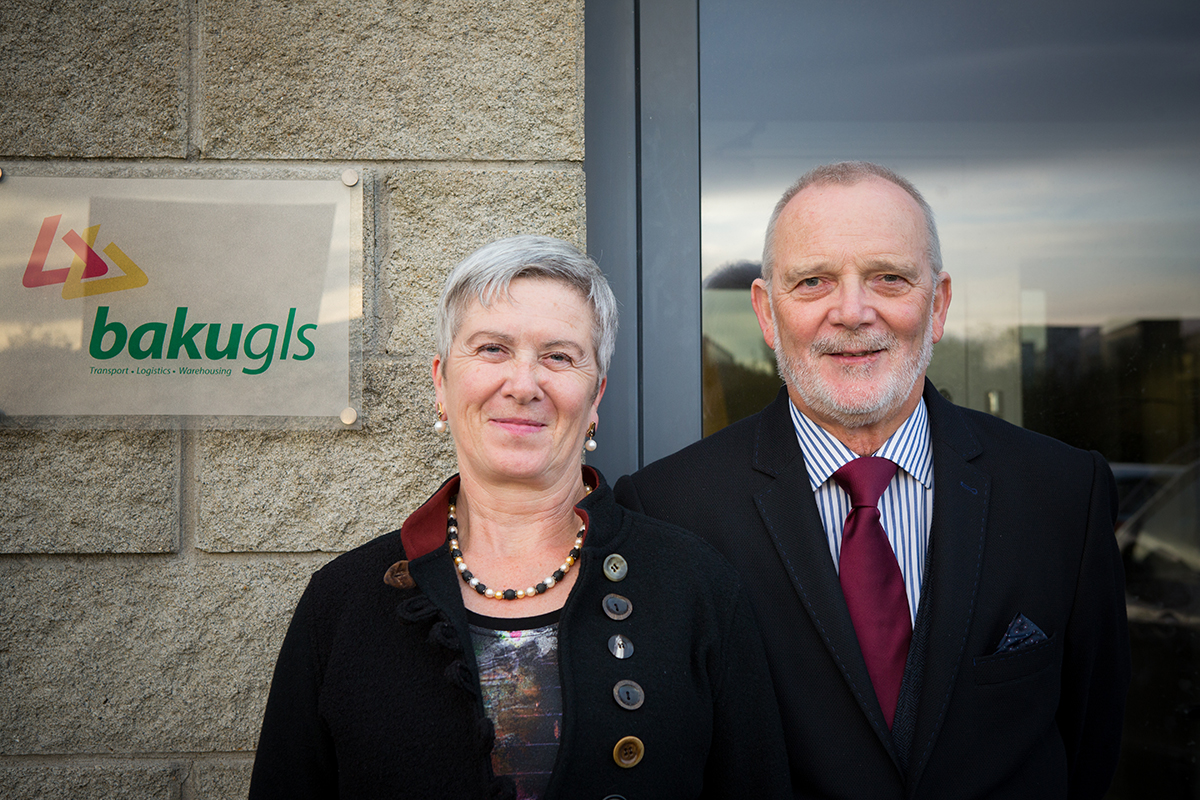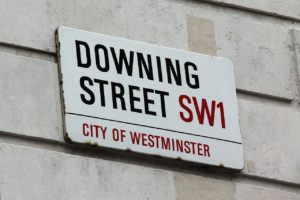
In the event of a ‘No Deal’ Brexit, the UK will fall back on WTO agreed rules, effectively becoming a ‘Third Country’ in terms of how it is classed when importing and exporting to/from the EU.
In the long run, this shouldn’t cause any major problems for the transport industry, but it could cause problems in the days immediately following 29th March 2019.
What is ‘Third Country’ status?
A Third Country is generally understood as any country not in the EU, including nations outside the continent of Europe (e.g. Japan, the USA, Canada, etc.). Third countries are not subject the four freedoms central to the EU, namely free movement of people, capital, goods and services, unless they’ve signed up to a separate bilateral free trade agreement guaranteeing these rights (…which is what Norway have done).
On the continent of Europe, third countries are rarely ‘locked out’ of the EU completely. They can be a part of the European Economic Area (EEA) and/or the European Free Trade Area (EFTA), and some even use the Euro as their currency (Monaco, the Vatican and San Marino). A list of Third Countries, and the treaties that govern them, can be found here.
How does ‘Third Country’ status work elsewhere?
Being a third country is not necessarily a barrier to trade with the EU; on the continent of Europe, third countries like Norway and Liechtenstein trade seamlessly with EU member states thanks to long-established customs unions and treaties like Schengen. In most cases within Europe, there are rarely any checkpoints on road borders, and delays at sea ports are minimal.
Why would ‘Third Country’ status be a problem for the UK?
Third country status works for countries like Norway and Switzerland because free trade deals with the EU already exist in those countries. Their respective governments have already invested the time and legislative energy necessary to negotiate and ratify mutually beneficial trade agreements. Everything necessary to trade smoothly has been thought through, written into law and implemented over a controlled period. If the UK ‘crashes out’ of the EU without these sorts of deals already in place, there will be no pre-existing relationship to rely on — it could take years to develop a reliable, practical customs solution.
Will the UK automatically become a ‘Third Country’ on 29 March 2019?
Almost definitely. The current Brexit Preparedness Notices state that the UK will become a third country on Brexit day, but this, like everything else, is dependent on the negotiations between the UK and the EU in the build-up to 29 March 2019.
Third country status is not guaranteed. A nation needs to be formally acknowledged as a third country by the EU, and this often happens on a per-treaty basis. For instance, South Korea is defined as a third country on the Employment and Residence regulations, but it’s not listed as a third country on the EU’s ‘safe countries of origin’ list. The same sort of selective application of Third Country status might apply to the UK.
Can’t the UK just copy what Norway and Switzerland do?
This is a promise that the pro-Brexit campaigners have been pushing for a long time: that you can just copy the trading relationship of other Third Countries. Sadly, it’s not realistic to assume that the UK can just copy established trade agreements from existing third countries, because every nation has its own particular requirements. For instance, the EU / Switzerland agreement only covers road transport and land-based borders; it doesn’t need to account for ocean crossings and port declarations (…because no sea borders exist). Similarly, the UK’s Northern Ireland / Republic of Ireland border is a unique situation governed by pre-existing legislation like the Good Friday Agreement; that can’t simply be overwritten without considerable care and attention.
There’s no ‘fast fix’ for the UK’s sudden switch to Third Country status, and Brexit Day is fast approaching. If the UK reverts to a ‘third country’ classification and that change isn’t managed well by existing legislation, it could have a significant impact on the costs, delivery timelines and even reliability of cargo deliveries across the continent of Europe.
What Baku GLS would like to see
In an ideal world we’d like to be able to travel in and out of the UK at the exact same speed, for the exact same costs, as we do at the moment. Our hope is that lawmakers on both sides of the border feel the same way, and will deliver an agreement that can provide that.
Otherwise, if there are going to be delays and tariffs at UK ports, we all want to know about it ahead of time so that we can plan accordingly. We need to know what precise goods categories will be subject to border controls and/or tariffs, and we need reasonable estimates of how long it will take trucks to pass through customs. The problem with a ‘No Deal’ Brexit is that, if it happens, it will happen because nothing has been agreed by 29 March 2019 …and in the absence of regulation from above, we as an industry will suffer slower fulfilment timelines and higher costs.
Stay up-to-date with our Brexit predictions and advice by following the Baku Brexit Hub



